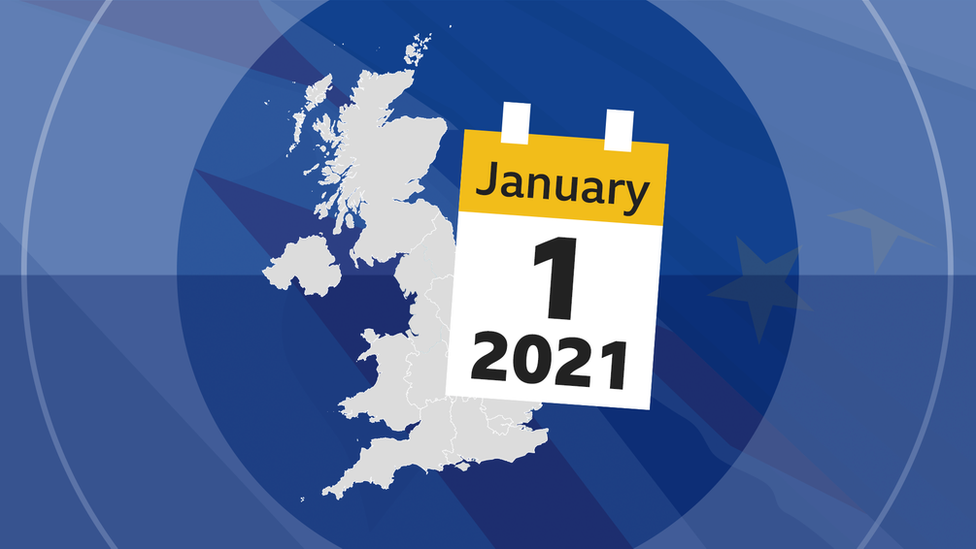Brexit: Lords defeat government twice over internal market law
- Published
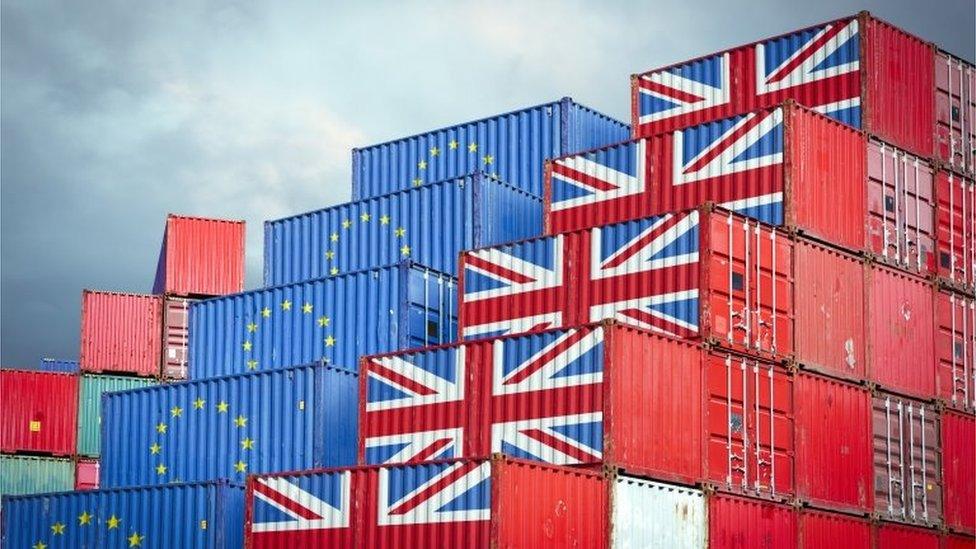
The government has lost two more votes in the Lords over its Brexit bill.
Peers voted by 367 to 209 to amend the Internal Market Bill, after claims that it would allow the UK government to "shackle" devolved administrations as powers are returned from Brussels.
And they voted by 327 to 223 to curb ministers' powers to rewrite parts of the bill at a later stage.
The proposed law aims to create a UK-wide internal market after the Brexit transition period ends on 31 December.
It was approved by the Commons in September but is encountering strong resistance in the Lords, where Boris Johnson's government does not have a majority.
Last week, peers defeated the government over plans to allow the UK to override parts of the legally-binding withdrawal agreement that apply to Northern Ireland.
Once peers have finished debating the bill it will head back to the House of Commons where MPs will decide either to reject or accept the Lords' amendments.
In the event of a stalemate between the two Houses, the government has not ruled out forcing through the changes through a rarely-used law known as the Parliament Act, which dates back to 1911.
The act, which enshrined the primacy of the elected Commons over the unelected Lords, was used in 2004 by Tony Blair's government to push through a ban on fox and deer hunting and hare-coursing with dogs.
In the first of Wednesday's reverses for the government, peers supported an amendment that sought to strengthen the role of the devolved governments in Scotland, Wales and Northern Ireland.
Speaking in favour of the amendment, Crossbench peer Baroness Finlay of Llandaff said the bill would allow Westminster to bypass the views of devolved governments in Cardiff, Edinburgh and Belfast and consign current arrangements to a "meaningless sideshow".
She added that the proposed legislation "shackles the ability of the elected parliaments in Scotland, Wales and Northern Ireland to find their own solutions to the problems we face".
And Labour said it would, for example, prevent the Welsh government from banning different types of plastic ahead of the rest of the UK.
Speaking for the government, Cabinet Office Minister Lord True said the right place for final decisions on the internal market should be the Westminster Parliament.
The Internal Market Bill is designed to enable goods and services to flow freely across England, Scotland, Wales and Northern Ireland once the transition period is over.
Currently regulations and standards on issues like animal welfare are agreed and applied across the EU.
After the transition period, many of these standards will be directly controlled by the devolved administrations - but the UK government has said they will still have to accept goods and services from all other parts of the UK, even if they have set different standards locally.
- Published10 November 2020
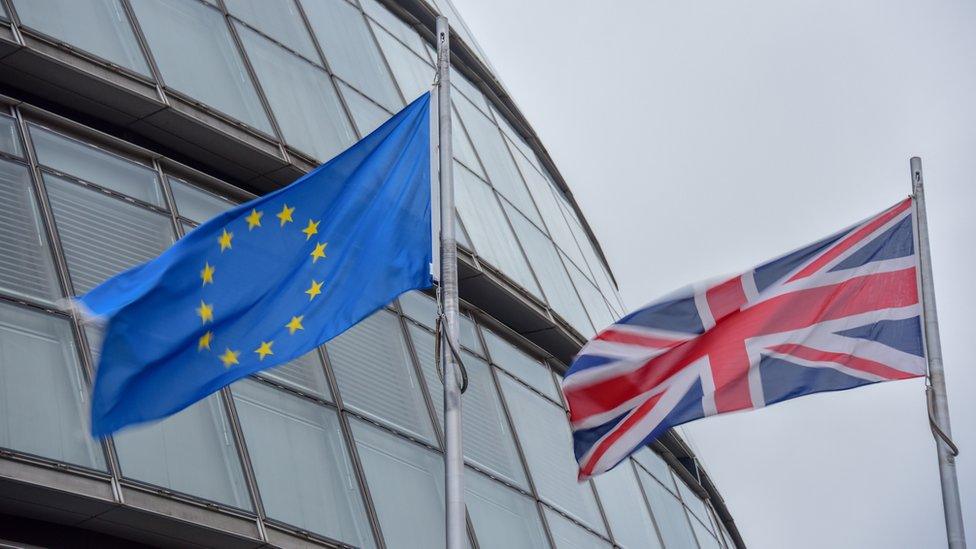
- Published22 December 2020
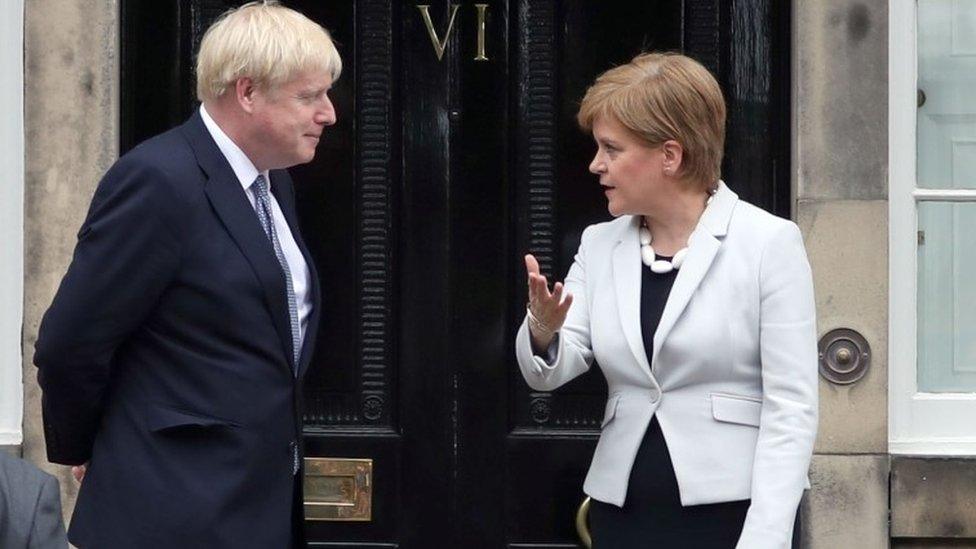
- Published8 December 2020
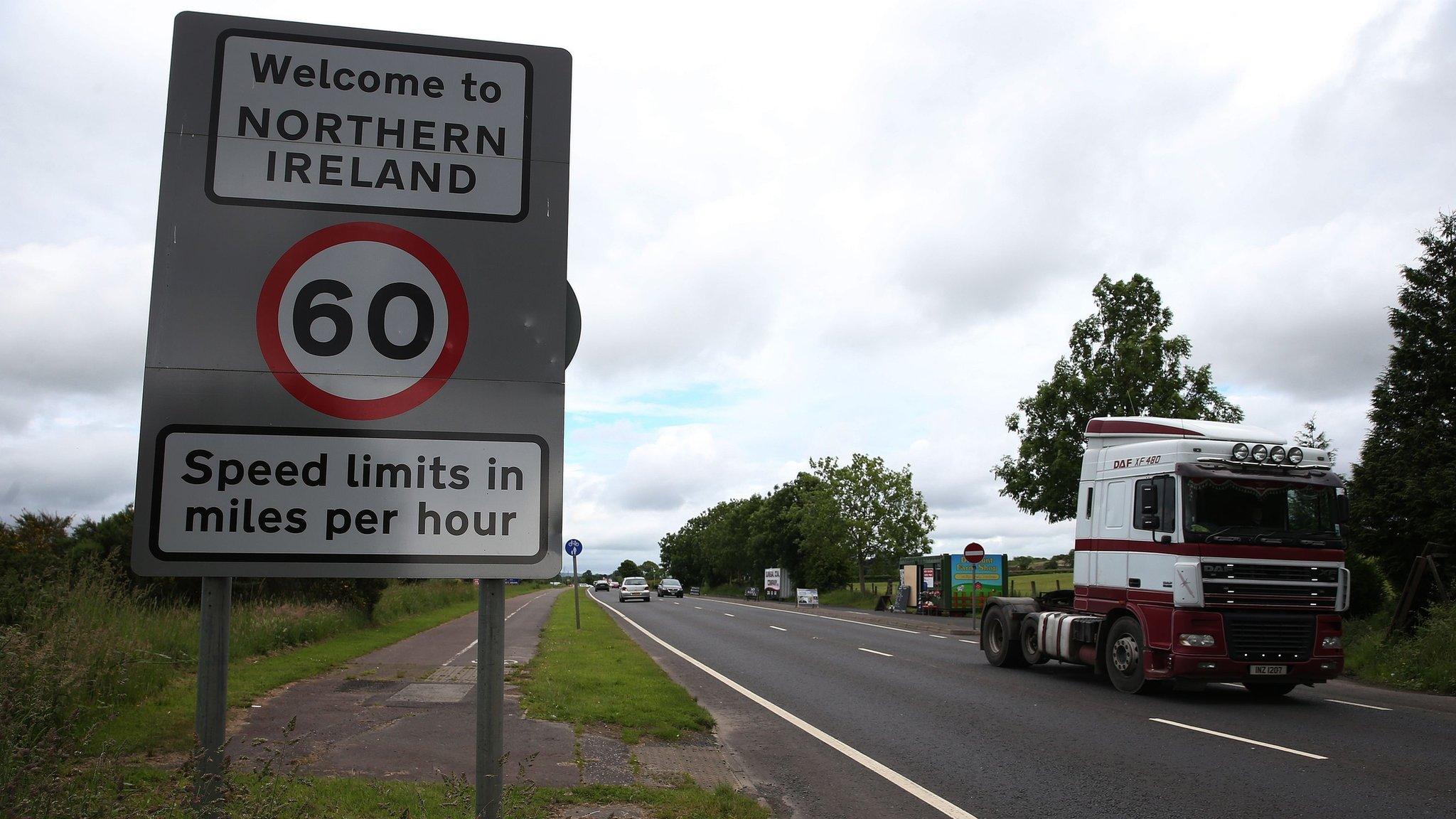
- Published28 January 2021
